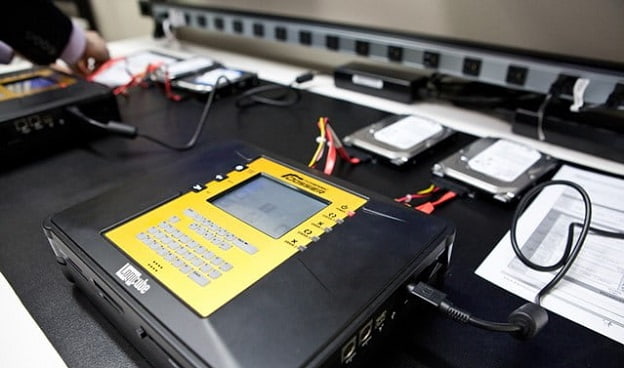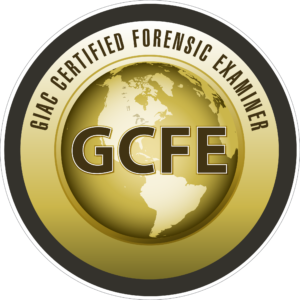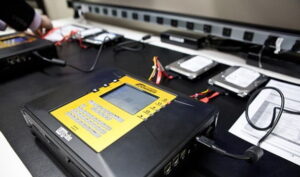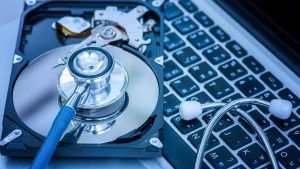the best computer forensics tools

- Introduction
- Importance of using computer forensics tools
- Types of computer forensics tools
- Criteria for choosing the right computer forensics tool
- Top features to look for in computer forensics tools
- Popular computer forensics tools in the market
- Comparison of different computer forensics tools
- Factors to consider when selecting a computer forensics tool
Introduction
Computer forensics refers to the investigation and analysis of digital devices, such as computers, smartphones, and tablets, to collect and preserve evidence for legal purposes. In today’s digital age, computer forensics has become an essential part of investigations, and with the increasing use of technology, the demand for computer forensics tools has also risen. In this article, we will discuss the best computer forensics tools available in the market, their features, and how to choose the right tool for your needs.
Importance of using computer forensics tools
Using computer forensics tools is crucial in today’s world, where most crimes and frauds involve the use of digital devices. The primary purpose of computer forensics is to collect and preserve digital evidence that can be used in court. Without the use of proper tools, it can be challenging to extract and analyze data from digital devices, which can result in crucial evidence being missed. Computer forensics tools help investigators to collect and analyze digital evidence in a systematic and efficient manner, ensuring that no evidence is lost or compromised.
Types of computer forensics tools
There are two types of computer forensics tools: hardware-based and software-based. Hardware-based tools are physical devices that are used to extract data from digital devices, such as hard drives, USB drives, and smartphones. Software-based tools, on the other hand, are applications that run on a computer and are used to analyze and extract data from digital devices.
Criteria for choosing the right computer forensics tool
When choosing a computer forensics tool, there are several criteria that you should consider. Firstly, the tool should be able to extract and analyze data from a wide range of digital devices, including computers, smartphones, and tablets. Secondly, the tool should be easy to use and should not require extensive training to operate. Thirdly, the tool should be reliable and accurate, ensuring that all data is collected and analyzed correctly.
Top features to look for in computer forensics tools
When selecting a computer forensics tool, there are several features that you should look for. Firstly, the tool should have the ability to recover deleted files and data. Secondly, it should have the ability to analyze deleted data and provide a comprehensive report. Thirdly, it should have the ability to search and analyze specific keywords or phrases within the data.
Popular computer forensics tools in the market
There are several popular computer forensics tools available in the market, including EnCase, FTK (Forensic Toolkit), and X-Ways Forensics. EnCase is a software-based tool that is widely used by law enforcement agencies and corporate investigators. FTK is another popular software-based tool that is known for its speed and efficiency in data recovery. X-Ways Forensics is a hardware-based tool that is known for its ability to analyze and recover data from damaged digital devices.
Comparison of different computer forensics tools
When comparing different computer forensics tools, there are several factors that you should consider, including the type of device the tool can analyze, the cost of the tool, and the features available. EnCase is known for its extensive range of features, including the ability to analyze a wide range of digital devices and file systems. FTK is known for its speed and efficiency in data recovery, while X-Ways Forensics is known for its ability to recover data from damaged devices.
Factors to consider when selecting a computer forensics tool
When selecting a computer forensics tool, there are several factors that you should consider, including the cost of the tool, the level of support provided by the vendor, and the ease of use of the tool. It is also essential to choose a tool that is compatible with your existing hardware and software.





